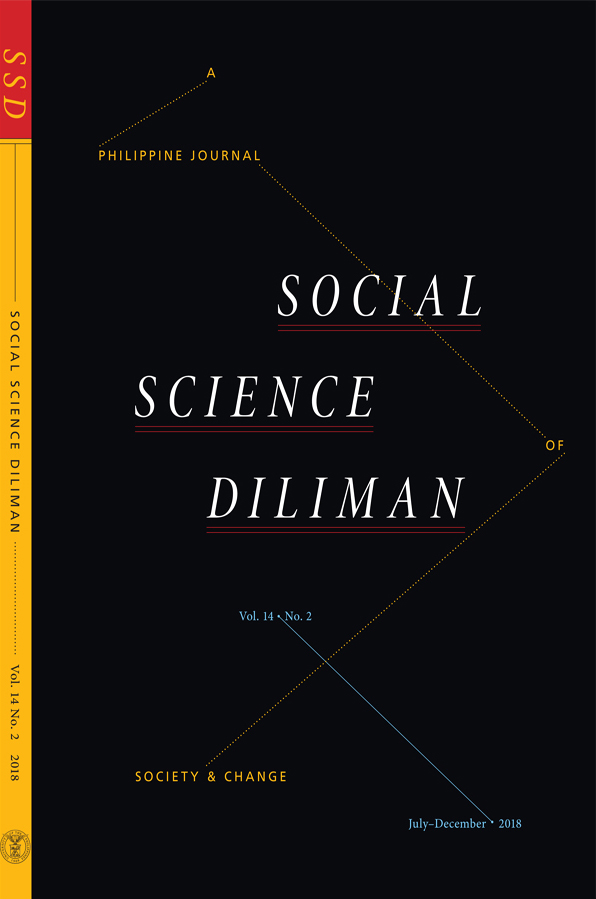"Devoted to caring for their beloved children": Therapeutic choices for childhood illnesses</br> in a Tokyo suburb, 1938-1939
Abstract
This paper provides empirical evidence of the ways in which young children in 1930s Japan were cared for in times of birth, illness, and death. Household expenditure on the different types of therapeutics available in the pluralistic medical marketplace of a Tokyo suburb was analyzed based on the archival materials of the Takinogawa District Health Survey, which was conducted during a 12-month period from 1 May 1938 to 30 April 1939. Statistics show that infants received standardized professional care at birth and during the early neonatal period. Childhood illnesses were most often treated with commercial drugs, even as individuals under five years old were the leading consumers of medical care from doctors. I argue that the young children in the survey were thoroughly cared for during their illnesses with generous financial resources allocated for their health care.
KEYWORDS: children’s illness, health survey, therapeutic choices, medical marketplace, 1930s Japan


